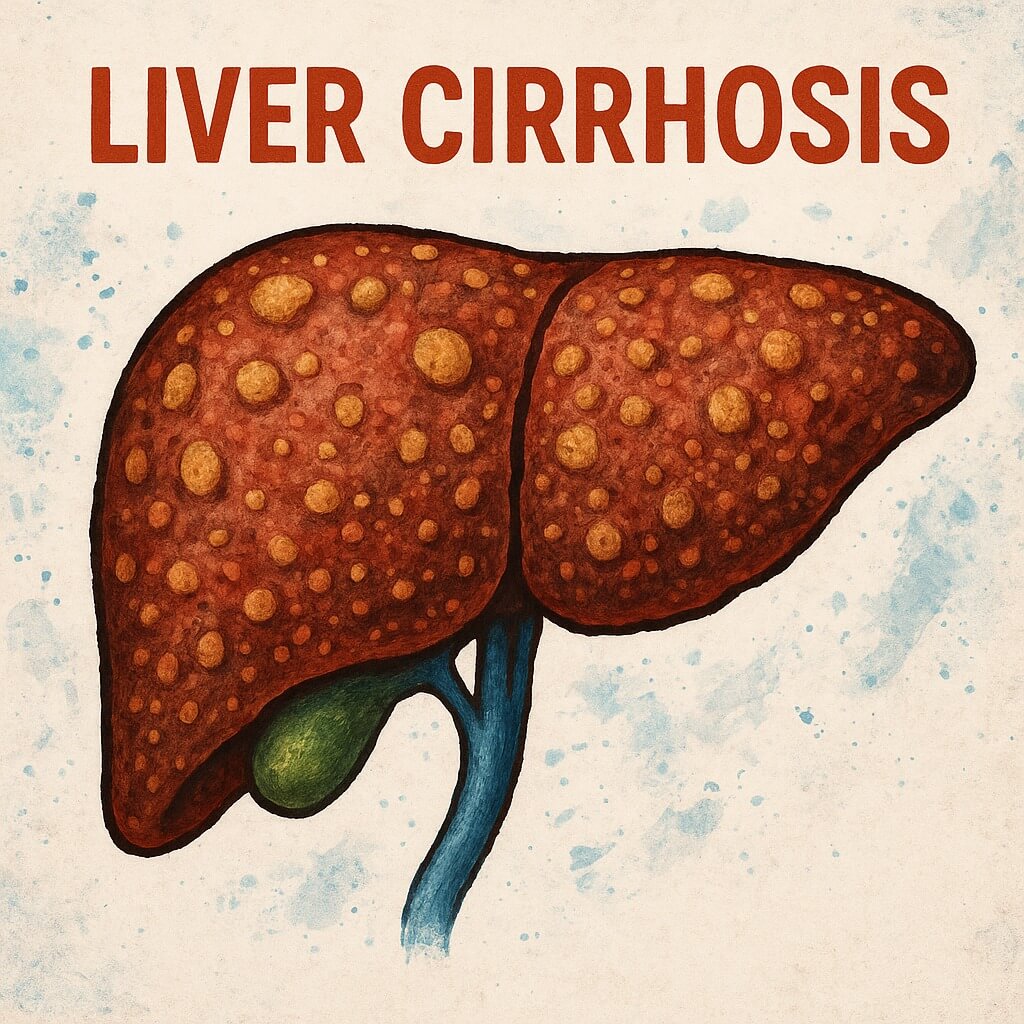Liver Cirrhosis Treatment in Kolkata
Overview
Symptoms of Liver Cirrhosis
Fatigue and weakness
Jaundice (yellowing of the skin and eyes)
Swelling in legs
Easy bruising or bleeding
Loss of appetite
Weight loss
Nausea and vomiting
Fluid accumulation in the abdomen
Mental confusion
Itchy skin
Mental confusion
Itchy skin
Causes and Risk Factors
Evaluation
Book An Appointment

Prevention
Limit alcohol consumption
Maintain healthy weight
Practice safe sex
Avoid sharing needles
Regular exercise
Get vaccinated against hepatitis
Balanced diet rich in fruits, vegetables, and whole grains
Management
Medications to control symptoms (e.g., diuretics for ascites)
Dietary modifications to support liver health, such as avoiding alcohol and high-salt foods
Management of complications
Lifestyle changes like avoiding alcohol
Portal hypertension treatment
Liver transplant in severe cases
Weight management

FAQs
Know Your Answers
Is liver cirrhosis contagious?
Liver cirrhosis itself is not contagious. However, some underlying causes, like hepatitis B and C, can be spread through bodily fluids. Visit a liver cirrhosis doctor in Kolkata if you’re suspect of liver cirrhosis.
Can liver cirrhosis be reversed?
In the early stages, some types of liver cirrhosis may improve with treatment. However, established scarring cannot be reversed.


